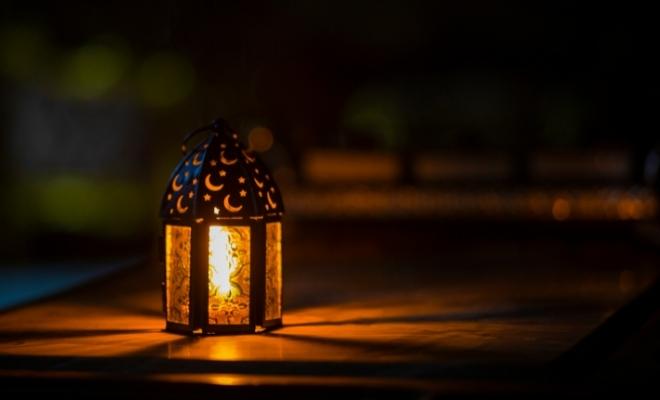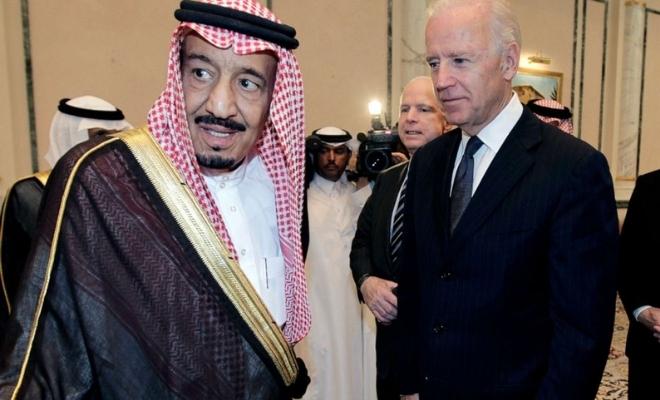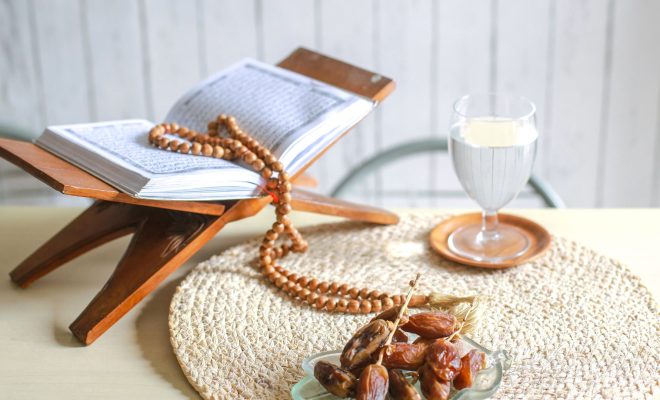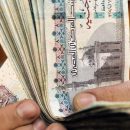Empowering Our Youth: Peel District School Board and Jum’ah Prayer Controversy

In the Fall of 2016, the Peel District School Board (PDSB) attempted to introduce new requirements for Muslim students performing their Jum’ah prayers at school. They sought to prevent students from writing their own Khutbahs, forcing them to choose from six pre-written Khutbahs prepared by local Imams.
In effect, they wanted to pre-approve and control what student-Khateebs would be allowed to speak about to their fellow peers. This would be a drastic change from the current norm where students are allowed to write their own Khutbahs.
The Peel board argued that the procedure was beneficial, as it would make the prayers more consistent across its schools.
Board spokesman Ryan Reyes complained that, currently, principals need to approve the student’s Khutbahs, which was difficult, since the Khutbahs had Arabic portions and religious content. He said the board worked with local imams for more than a year to develop the pre-approved Khutbahs.
At no point did Mr. Reyes address why the school felt the need to get into the business of approving Khutbahs to begin with. Is the principal required to pre-approve every form of extra-curricular speech done by student clubs? Do principals pre-authorize every argument made by the students of the debate club? Do they pre-watch all the Japanese-anime cartoons that the school’s Otaku club watches?
At no point did the board demonstrate the need for anything beyond the basic supervision that any club would be normally subject to when having their extracurricular activities observed by a teacher when on school grounds – a level of monitoring that no one would be opposed to.
At no point did the board show concern for the impact their extra-policing of the Muslim student body would have on the development of the Muslim students, who would reasonably feel singled out, distrusted, and disempowered.
It was the outrage of the Muslim community, the loud protests against this proposal, the pressure on the policy makers, and the demands to speak to them directly, which caused the board to finally back down from this erroneous proposal.
And, while this is a hard-earned victory for the concerned and Muslim parents, we should take this time to try to understand what exactly can be gleaned from this experience.
The agenda: Obedience training
What could motivate the PDSB to single out Muslim students as a target for extra supervision? Regardless of their claims of wanting uniformity across different school Jum’ah’s (a goal that has no clear or articulated benefit), it is clear that the real motivation behind this change in regulation is a desire to control our Muslim youth, just like the dictators of the Muslim lands who pre-approve the Khutbahs of the Imams they employ.
Also it is a desire to teach Muslim students to obey the pressures of the dominant non-Muslim society, even in the confines of a Jum’ah prayer. And to fit the religious devotion of our practicing youth into a mold that is acceptable to the materialistic, secular, and individualistic values of public schools.
Attacking the ability for students to craft their own Khutbahs is attacking the independence, critical thinking skills, and leadership abilities of our Muslim youth. It teaches them to seek the approval of a system that does not share their values before undertaking something as fundamental as giving an Islamic reminder to their peers.
What is most alarming about this chapter is the attempt by the school board to co-opt Islamic leadership into their plans. It is important for the Imams of the community to stand up for the empowerment of our youth, and be more vigilant against falling into the agendas of secular school boards.

The fruit of Muslim sincerity
In response to this draconian policy proposed by the Peel District School Board, students, Muslim parents, and some community leaders stood up for their children; and for their commitment and courage, they were rewarded with a victory.
This collective advocacy of Muslims, defending their children’s right to practice their religion with confidence, is commendable.
Vigilance against encroachments on our Deen, even by those who are in a position of direct power over us and our families, is one of our key functions as a Muslim community. Engaging the wider Canadian society and making our case with conviction, eloquence, and commitment is our way forward.
It is heartening to know that even in times of fear in a post-Trump era, when attacks on Islam and Muslims are becoming increasingly common-place and increasingly acceptable, this Ummah is still ready to stand courageously and be counted among those in the service of this Deen.
May Allah (swt) reward all those who raised their voices against this measure, and all those who organized, attended meetings, and morally supported these voices.
The ongoing threat
We should not allow this victory to lull us into a false sense of security. While this particular measure seems pushed back for now, there will always be those who will demand more control over Muslim communities and seek to integrate our youth into their secular ideals.
Janet McDougald, the Chair of the Peel District School Board, said: “We do have a duty to supervise and know exactly what’s happening in our schools.” While this statement seems reasonable at face value, imagine if a similar statement was made for the anime club, or the gay-straight alliance, would it not seem hostile?
No one is questioning the authority of the school board to monitor students, but the clear indication of this statement in this context is that we as Muslim community are being watched, as our behavior may fall out of the range of “acceptable behavior.”
We must be vigilant, and not give way to this insidious agenda; we must vigorously defend our right to parent our children according to our beliefs, and to practice our Deen with confidence and without interference.
Staying connected with our youth
As important as it is to stay engaged in the political work to advocate for our children in public schools, it is even more important to ensure that we are taking an active role in the lives and development of our children.
If our children are not rationally, emotionally, and spiritually attached to the ideas and practices of Islam, then no amount of advocacy will protect them from falling into misguidance. If we do not instill in our youth a sense of purpose, with love of pleasing Allah (swt) and the confidence that they can rely on Him (swt) alone for their identity, guidance, and protection, then they will never be able to challenge the false ideas that they will inevitably be exposed to.
Then they will always feel a sense of inferiority against the secular beliefs of non-Muslims to whom they are meant to convey the guidance of Islam.
In the absence of a society that is built upon the comprehensive guidance of Islam, it is even more vital for Muslim parents to ensure the survival of the Deen in the lives and behavior of their children. RasulAllah (saw) clearly demonstrated the importance of culturing youth, as he gave his famous advice to Ibn Abbas in the Hadith:
“Young man, I will teach you some words. Be mindful of Allah and He will take care of you; be mindful of Him, and you shall find Him at your side. If you ask, ask Allah. If you need help, seek it from Allah. Know that if the whole world were to gather together in order to help you, they would not be able to help you except if Allah had written it for you. And if the whole world were to gather together in order to harm you, they would not harm you except if Allah had written it upon you. The pens have lifted and the pages have dried.” [Al-Tirmidhi]
What many may not realize is that Ibn Abbas couldn’t have been older than 13 years old when RasulAllah (saw) was conveying these concepts to him, instilling in him courage and a reliance on Allah (swt) alone.
It is this sort of culturing that will prevent our youth from bowing to a false authority, and from seeking validation in anything other than the Pleasure of Allah (swt).
RasulAllah (saw) also encouraged parents to train, educate, and mold the personalities of their young. He (saw) incentivized education for daughters, saying that a man who educates his daughters is promised Jannah. He said that a son has the right to learn swimming and archery from his father.
All of this requires parents that are actively involved in the lives of their children, and are taking an active interest in the curiosities, passions, and talents of their children.
If we, as a community, do not seek avenues for the growth and development of our youth, then we will hamper their ability to engage with this society from a stand of self-assuredness. We will squander their courage, creativity, passion, and potential.
What’s more is we will lose them to the dominant culture that places no value on obeying the Commands of Allah (swt) or living by the purpose of our existence. And what a devastating loss that would be.
But if we make our Masajid places of discovery where young people feel a sense of belonging, and where they find intellectual stimulation, then we will empower them to carry the light of the guidance of Islam to countless others.
May Allah (swt) make our children the coolness of our eyes, and raise them to become the future scholars, dawah carriers, and just leaders that this Ummah needs.

“And mention when Luqman said to his son while he was instructing him, ‘O my son, do not associate anything with Allah. Indeed, association with Him is a great injustice. O my son, establish prayer, enjoin what is right, forbid what is wrong, and be patient over what befalls you; indeed, all of that is of the matters requiring determination” [Surah Luqman 31:13-17]









